H.R. 1296: Expanding Child Care Access Act of 2025
This bill, known as the Expanding Child Care Access Act of 2025, aims to introduce financial support for individuals who start licensed family child care services by providing a tax credit for related expenses. Here’s a breakdown of what the bill entails:
Tax Credit for Child Care Startup Expenses
The bill proposes to create a new tax credit, termed the "Licensed Family Child Care Credit," allowing qualified taxpayers to claim a credit of up to $5,000 for certain child care startup expenses. This credit can be used for expenses incurred in the current tax year or the previous tax year.
Who Qualifies?
A “qualified taxpayer” is defined in the bill as someone who operates a "qualified family child care provider." To meet this definition, the provider must:
- Offer child care services for compensation while being licensed or registered according to state law.
- Primarily provide care in the taxpayer’s own home.
- Care for at least two children who are not the taxpayer's own for a significant part of the year.
What Expenses Are Covered?
The types of expenses that qualify for this tax credit include:
- Licensing fees for child care.
- Child care supplies (such as diapers, food, toys, and educational materials).
- Liability insurance costs.
- Fencing and installation expenses.
- Outdoor playground equipment and installation.
- Furniture necessary for child care.
- Salary for employees (not including the taxpayer).
- Computers and printers.
- Professional training required by state licensing.
- Remodeling or renovation of the taxpayer's home as a licensing requirement.
Limitations and Conditions
There are specific limitations under this proposal:
- A taxpayer cannot claim the credit if they received it in a prior tax year.
- Expenses cannot be claimed if they are eligible for another deduction or credit under existing tax regulations.
Regulatory Provisions
The bill empowers the Secretary of the Treasury to issue regulations necessary for implementing the credit, which could include coordination with state and local child care licensing bodies.
Expiration of the Credit
The tax credit would be available for seven years following the enactment of the bill. After this period, it would no longer be applicable for tax years beginning after the seventh year.
Effective Date
The provisions outlined in this act would take effect for expenses paid or incurred after the bill is enacted.
Relevant Companies
None found
This is an AI-generated summary of the bill text. There may be mistakes.
Sponsors
39 bill sponsors
-
TrackHerbert Conaway

Sponsor
-
TrackNanette Diaz Barragán

Co-Sponsor
-
TrackJulia Brownley
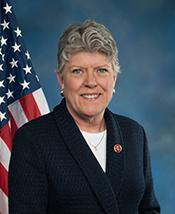
Co-Sponsor
-
TrackJanelle Bynum

Co-Sponsor
-
TrackSalud O. Carbajal
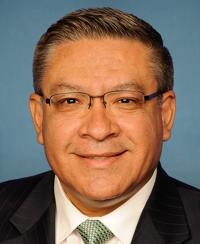
Co-Sponsor
-
TrackAndré Carson
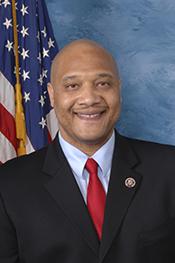
Co-Sponsor
-
TrackSean Casten

Co-Sponsor
-
TrackSheila Cherfilus-McCormick
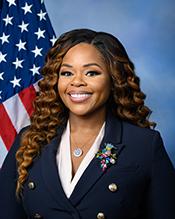
Co-Sponsor
-
TrackJudy Chu

Co-Sponsor
-
TrackGilbert Ray Cisneros, Jr.

Co-Sponsor
-
TrackChristopher R. Deluzio

Co-Sponsor
-
TrackCleo Fields

Co-Sponsor
-
TrackValerie P. Foushee

Co-Sponsor
-
TrackMaxwell Frost

Co-Sponsor
-
TrackRobert Garcia
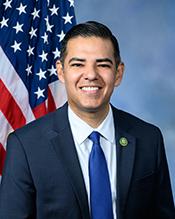
Co-Sponsor
-
TrackSylvia R. Garcia
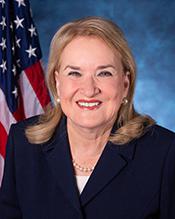
Co-Sponsor
-
TrackJosh Gottheimer

Co-Sponsor
-
TrackJahana Hayes

Co-Sponsor
-
TrackHenry C. "Hank" Johnson, Jr.

Co-Sponsor
-
TrackJohn Mannion

Co-Sponsor
-
TrackKristen McDonald Rivet

Co-Sponsor
-
TrackLaMonica McIver

Co-Sponsor
-
TrackEleanor Holmes Norton

Co-Sponsor
-
TrackAlexandria Ocasio-Cortez

Co-Sponsor
-
TrackMarie Gluesenkamp Perez

Co-Sponsor
-
TrackScott H. Peters

Co-Sponsor
-
TrackAyanna Pressley

Co-Sponsor
-
TrackDelia C. Ramirez
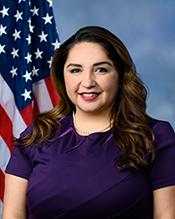
Co-Sponsor
-
TrackDeborah K. Ross
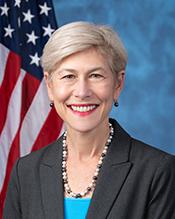
Co-Sponsor
-
TrackRaul Ruiz
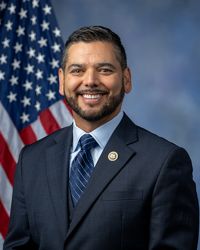
Co-Sponsor
-
TrackAndrea Salinas

Co-Sponsor
-
TrackEmilia Strong Sykes

Co-Sponsor
-
TrackLinda T. Sánchez

Co-Sponsor
-
TrackMark Takano
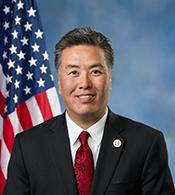
Co-Sponsor
-
TrackDina Titus

Co-Sponsor
-
TrackRashida Tlaib

Co-Sponsor
-
TrackJill N. Tokuda
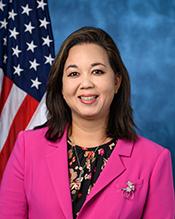
Co-Sponsor
-
TrackLori Trahan
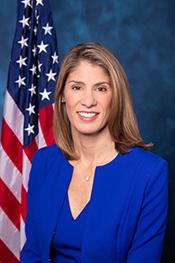
Co-Sponsor
-
TrackBonnie Watson Coleman

Co-Sponsor
Actions
2 actions
| Date | Action |
|---|---|
| Feb. 13, 2025 | Introduced in House |
| Feb. 13, 2025 | Referred to the House Committee on Ways and Means. |
Corporate Lobbying
0 companies lobbying
None found.
* Note that there can be significant delays in lobbying disclosures, and our data may be incomplete.
Potentially Relevant Congressional Stock Trades
No relevant congressional stock trades found.